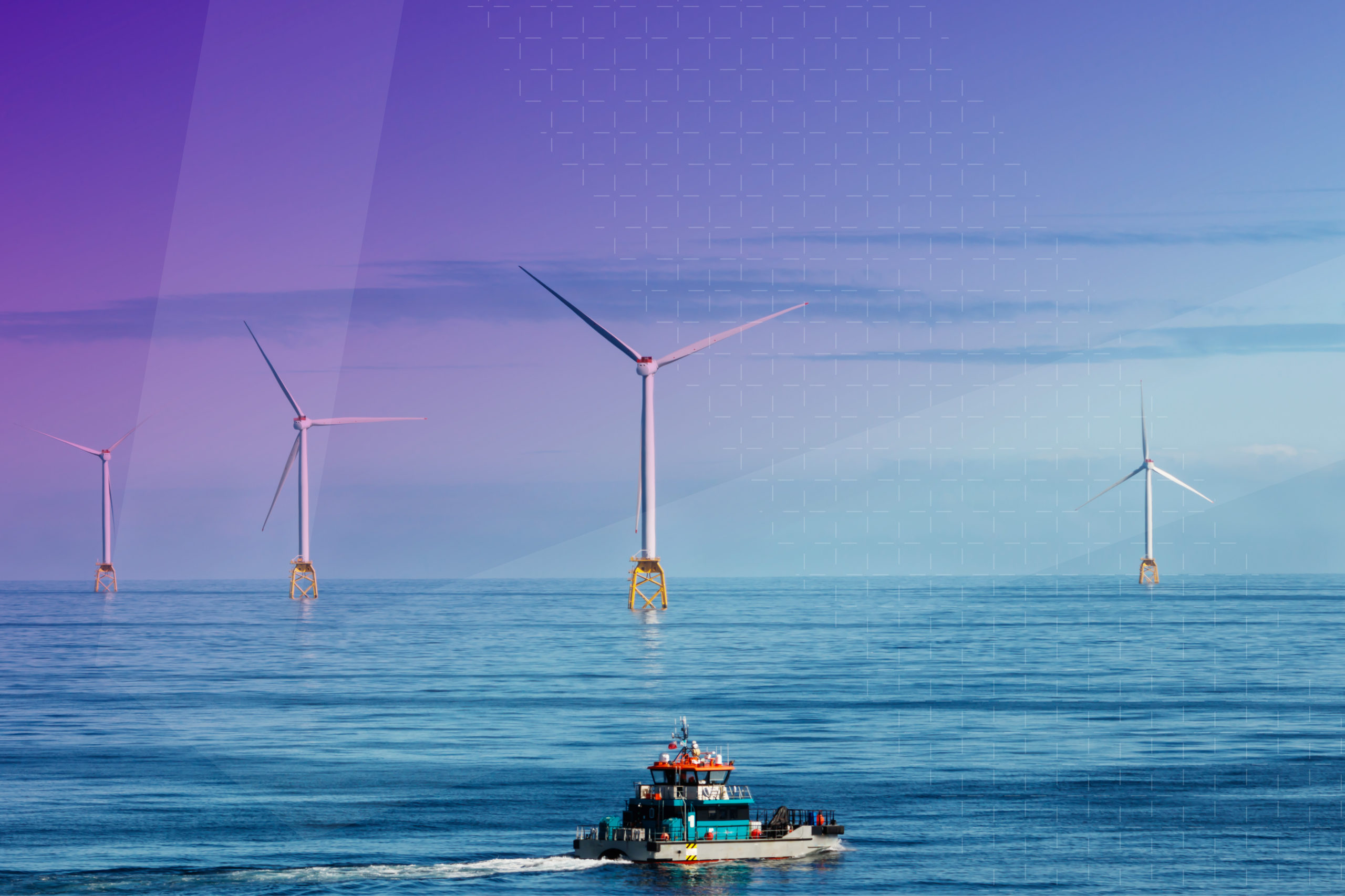Key skills focus required to meet UK floating wind targets
Rapid future skills development is required to ensure the UK remains a world leader in offshore wind expertise. The requirement is now.
Are we ready to deliver future energy technology?
Ensuring that the UK maintains its current position as a world leader in offshore wind expertise means there is a requirement for prompt future skills development for the UK workforce and supply chain.
The Government has set a series of key targets to ensure that the UK continues to lead the market, some of the key takeaways include:
- The UK should generate 50GW in offshore wind by 2030.
- This should include 5GW of floating offshore wind.
- The offshore wind workforce needs to increase from 32,000 to 100,000 by 2030.

Where has the skills report come from?
A detailed call to action report focusing on inter-array dynamic cable systems released by the Offshore Renewable Energy (ORE) Catapult and sponsored by Renewable UK, highlights the urgent need for future skills development to be able to create more floating offshore wind farms around the UK, in line with outlined net zero targets.
The report was generated in partnership with Innovate UK’s Workforce Foresighting Hub, that works with the Catapult Network and Centres of Innovation to convene industry employers, educators, and domain specialists to assess capability needs and identify the skills needed to drive future growth.
What does the report say?
The fascinating report outlines the unique challenges presented by floating wind and its future capabilities, highlighting the vital skills required across the dynamic cable system lifecycle to meet that demand. The specifics of those requirements mean that the skill-sets people currently leave education with are just not sufficient to deliver what we need.
It concedes that modifying existing educational courses and degrees is likely be the best way to meet future skills needs. However, importantly, it suggests that more specialist and technical areas need to be addressed through PhD sponsorships and industry engagement.
It’s certainly not just about the next generation either, it says it is equally important to give the existing workforce the opportunity to further their own knowledge and development in line with the rapid acceleration of technology in the sector.
The key recommendations
The report says that prompt action is required now to ensure that the UK meets those challenging Government targets:
- Determine robust workforce demand forecasts for high voltage dynamic cables by engaging with key industry stakeholders.
- Initiate the development of new training programmes addressing the high voltage dynamic cables technology challenge in partnership with further education, higher education, apprenticeship and training providers.
- Develop a suite of education and training modules that support transferable skills across a range of high voltage electrical activities.
- Pursue a rolling programme of workforce foresighting cycles to respond to industry challenges.
The time for action is now
The report clearly outlines that change is required now to meet those targets. 2030 may seem a long time off, but in reality, six years will fly by and the report shows that there is a lot of work to be done – starting now.
This includes liaison with institutions, developing course content, recruiting students, re-skilling and providing on-the-job experience, and longer-term measuring the success of the implementation.
Discover more
To understand more about the unique challenges of the floating offshore wind farm sector and the key recommendations to navigate them you can download and read the full report below.
There is also specific comment from key stakeholders in a press release on the subject.
Related programme

Workforce Foresighting
How do we build a skilled workforce for tomorrow’s industries? The Workforce Foresighting Hub has developed a structured process, aligned with national policy, to help deliver a workforce to exploit innovative technologies in the UK. We’re supporting industry, policymakers and educators to adapt to continuing change.


